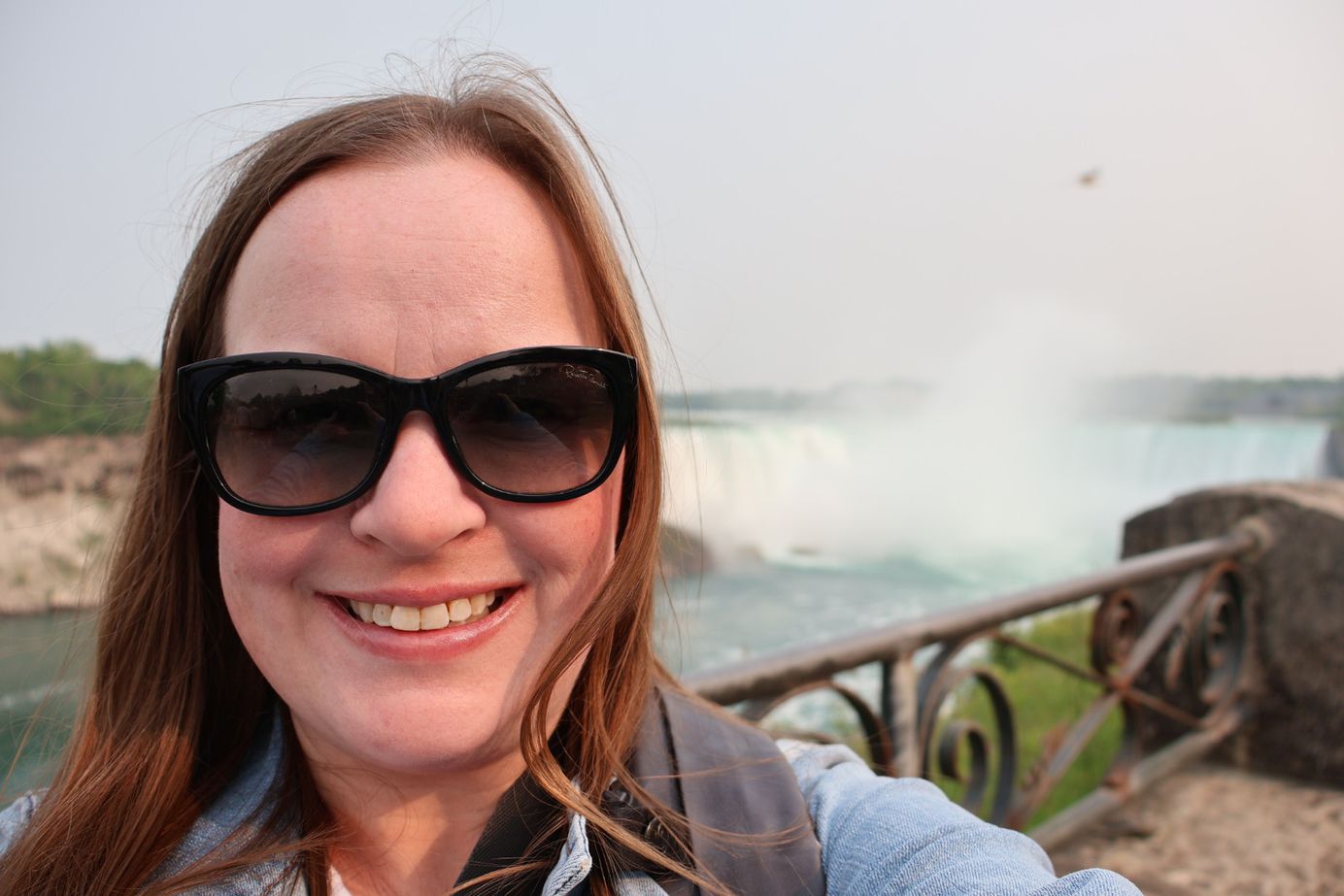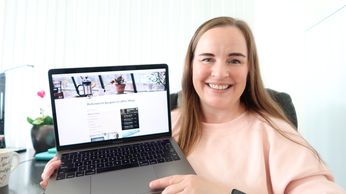
Should I “Be Myself” in Academic Settings?
Should I show up fully as “myself” at an academic conference or seminar? At a job interview?
It is entirely common for junior academics to ask themselves this question, particularly when they identify as members of underrepresented populations in their scholarly communities. In this blog post, I will share a brief, related story from my experiences navigating international academic conferences as a Canadian scholar. The outcome continues to shape my decision-making regarding how I engage in academic settings.
Story Time
During pandemic times, I found myself attending an online edition of a large, U.S.-based, scholarly association’s annual conference. Relevant to this story is that American conferences in my field tend to reflect more formality when compared to Canadian counterparts. Smaller group size and greater familiarity among participants likely contributes to a more relaxed dynamic at Canadian events, although scholarly rigour remains on par.
I find that moving between these and other international conferences can require becoming an “academic chameleon” of sorts: adapting your communication and interaction style to convey respect to the hosts and connect with local audiences.
It is important to note that being an academic chameleon may not always feel like a personal choice or a good thing. For example, this blog post by Craig Donaldson at the University of New South Wales describes research by Dr. Jessica Yustantio on when workers feel a need to disguise themselves in order to survive workplaces and advance their careers.
While “the stakes” or “risks” in this story are not as high, they reflect the importance of this learning moment to me. So without further adieu, back to what happened at the online conference…
There was an evening social activity where thousands of delegates were sorted into Zoom rooms of 20 participants (give or take). I noticed that a well-known, respected, and often-cited scholar had joined us. She happens to be one of our field’s “big names”.
The facilitator asked each of us to introduce ourselves and share a highlight from our day. My immediate thought was: “do I answer honestly?”
The reason: my honest answer didn’t match the formal vibes of other participants’ responses thus far. While I had enjoyed the conference, the highlight of my day was that our campus’ skating rink had re-opened to students for the first time since the start of the pandemic. I had managed to sneak in a practice in between conference sessions on new skates that had taken several years to obtain due to the price tag. It meant a great deal to me to be able to skate again, however, I found myself debating whether or not to share about this with the group.
How would I be received? Could it negatively impact how others perceive me as a scholar? What would the well-known scholar think?
When my turn came, I decided to “risk it” and shared my time at the rink as a highlight. I even briefly showed off my new skates via webcam as they were drying off on the floor next to me.
What happened next surprised me:
Not only did the group demonstrate an interest in my skating, but I also received a direct message from the well-known scholar.
They wanted to know the brand and model of my new skating boots and blades. It turns out they are also a figure skater and were excited to discuss this topic with me.
I couldn’t believe my luck!
As the group conversation continued, we texted back and forth about our preferred skating equipment, favourite skaters, the skating clubs we had represented, and how the faculty member had previously coached in the sport.
All in all, it was a wonderful and memorable interaction that easily became the other highlight of my day.
My decision to show up authentically also helped the group to “break the ice”- using my own metaphorical toe-pick- for the duration of the activity.
Takeaways
While I can’t promise that you’ll always get the reaction you are hoping for when choosing to show up authentically in academic environments, I can confirm that doing so will help you connect with wonderful people! The types of scholars who will inspire you and potentially make for great collaborators.
How we choose to show up in scholarly contexts inevitably functions as a metaphorical beacon of our very own metaphorical “academic lighthouse”. What do you want your beam of light to convey?
Whatever it may be, shine on: for yourselves and others.
P.S.- It’s a good thing I skated mid-conference as our city subsequently entered another pandemic-related lockdown and there was no indoor rink access for the remainder of the season. I’m glad I took the opportunity when I had it.
References
Donaldson, C. (2022, January 19). Do you identify as a workplace chameleon? UNSW Newsroom. https://newsroom.unsw.edu.au/news/business-law/do-you-identify-workplace-chameleon
Jacqueline Beaulieu Newsletter
Join the newsletter to receive the latest updates in your inbox.


